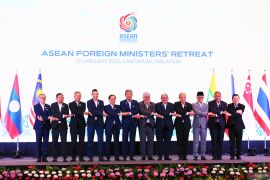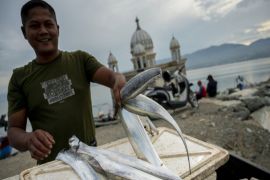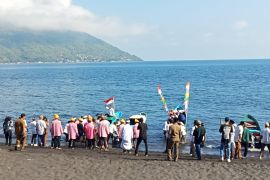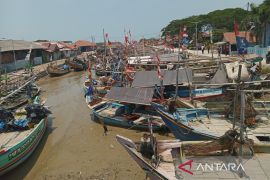
The Yogyakarta promotes fish consumption to prevent stunting
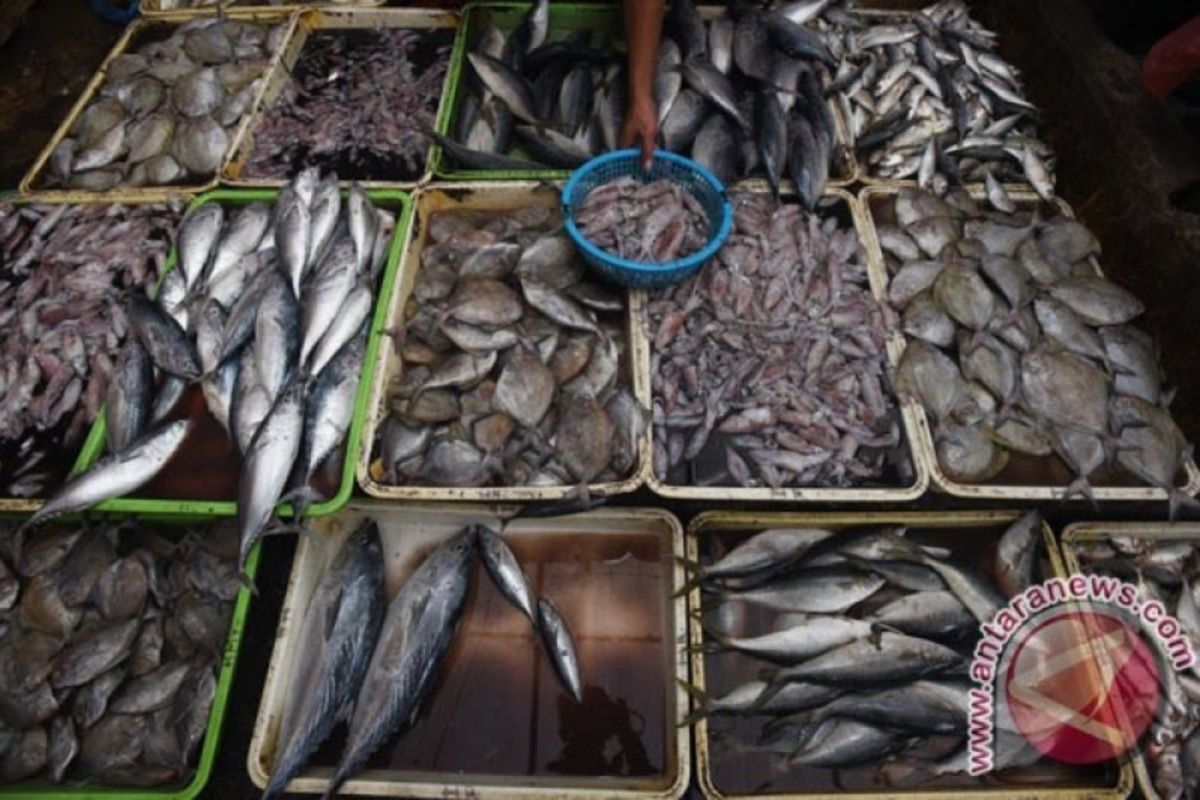
Yogyakarta (ANTARA) - The Yogyakarta Marine and Fisheries Office (DKP) is working to boost fish consumption in the community as part of an effort to suppress stunting prevalence in the province, an official said here on Thursday.
"We hope that fish consumption in the province will increase so that the stunting rate will decrease and our community will be healthy, strong, and smart," head of the Yogyakarta DKP, Bayu Mukti Sasongka, said.
According to him, for preventing stunting, a child needs essential fatty acids, such as Omega-3, Omega-6, and monounsaturated fatty acids in the form of Omega-9, and DHA, which are mostly found in fish. "Eighty percent of the human brain is formed during the first thousand days of life, starting from the womb until the age of two years, so fish omega is needed," he said.
As fish has many good nutrients, DKP has designed several programs to increase the level of fish consumption in the community this year.
The programs include the fish consumption movement campaign, Fish Technology Transfer (ATI) educational event, and fish processing diversification training targeted at several community groups in five districts/cities.
According to him, the diversification of fish processing or cooking is important to increase interest in eating fish. "Fish has many thorns and is sometimes smelly, so we increase the public's interest in eating fish by encouraging them to process it into nuggets, fish skin chips, presto (steamed under high pressure), and so on," Sasongka informed.
Baca juga: Baubau mengajak semua pihak atasi kasus stunting
Baca juga: Duta genre berperan cegah stunting dari hulu
He said the level of fish consumption in Yogyakarta in 2022 was recorded at 34.74 kilograms (kg) per capita per year, which was still below the national average of 60 kg per capita per year.
However, fish consumption in the province has been increasing every year, he noted. For instance, in 2015, the figure was recorded at 21.74 kg per capita per year, then it increased to 23.4 kilograms per capita per year in 2016, and in 2022, it increased significantly to 34.74 kg.
Pewarta : Luqman H, Kenzu
Editor:
I Komang Suparta
COPYRIGHT © ANTARA 2026




